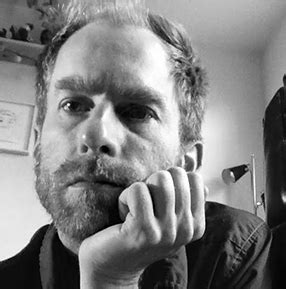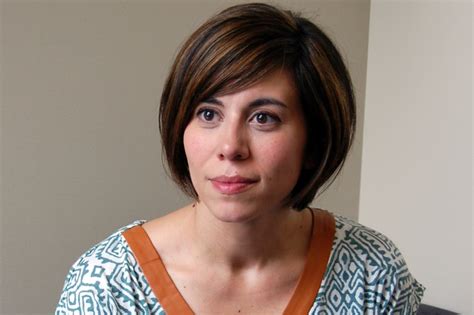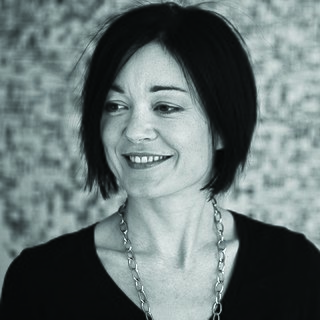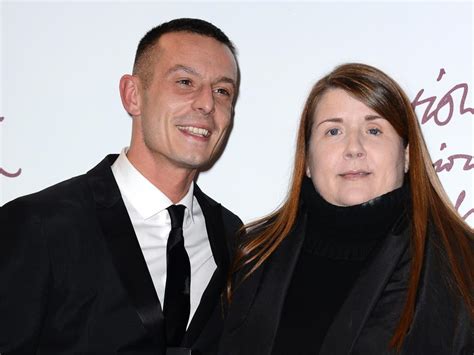A Quote by Alexandra Fuller
There's a point at which writing a book, or a long article, begins to feel like mental labor, and it's too painful to connect in the world in any real way mid-process. The only way to survive is to write until it is all said and done.
Related Quotes
I think Stephen Crane too becomes trapped in a myth that poetry should be operating at a certain level, that there's the real world and the reflection of that real world. I don't exist in any of these historical periods. I exist in the period in which I'm writing the book. So I only attempt to frame this in a way that I myself relate to.
I didn't know until high school that I was interested in writing in any real way. But there was this boy that I had a crush on, and I used to tell him all the time what I felt about him. Finally he gave me a blank journal and said to write it all down - and it didn't take me very long to realize how much I loved writing.
I always knew from the beginning that this was the only way to write Then We Came To The End - that it had to be in first - person plural if it was going to illustrate how the individual becomes part of the collective. I had no interest in writing the book in a more conventional voice. It goes back to that fascination I had with telling a story in multiple ways. It was the only choice I gave myself, really - I said "This is it, pal. If you can't tell a story this way, you're going to have to abandon the book. Write it this way or give up."
Students may feel the criticism is harsh, but I think it's possible they haven't had criticism before. It's my job to point out when something is badly done, or when there's no point of view. To build a brand you have to have something about you. If not personality, then some thought process. I'm 40, and they're young, so they're meant to be informing me. They should be bringing me a book or something that I haven't seen, not like some obscure chant book by Dominican monks, but an image of the way they see the world.
Go where the pleasure is in your writing. Go where the pain is. Write the book you would like to read. Write the book you have been trying to find but have not found. But write. And remember, there are no rules for our profession. Ignore rules. Ignore what I say here if it doesn't help you. Do it your own way. Every writer knows fear and discouragement. Just write.The world is crying for new writing. It is crying for fresh and original voices and new characters and new stories. If you won't write the classics of tomorrow, well, we will not have any.
So, you see, it's a real chore for me to write a book review because it's like a contest. It's like I'm writing that book review for every bad book reviewer I've ever known and it's a way of saying [thrusts a middle finger into the air] this is how you ought to do it. I like to rub their noses in it.
Well, the beginning is actually quite easy, because I can still be quite free about the way I handle things - colours, shapes. And so a picture emerges that may look quite good for a while, so airy and colourful and new. But that will only last for a day at most, at which point it starts to look cheap and fake. And then the real work begins - changing, eradicating, starting again, and so on, until it's done.
Writing helps us heal in certain way, but it doesn't make the experience of thinking about writing that occasion any less painful. When you revisit trauma, you don't know what's going to be triggering for you because you don't know how it's connected in your mind. So in the same way when we write something, it doesn't completely resolve the experience for us. It can feel therapeutic, but that's not the reason why I do it. I do it to ask a question, or just to find meaning.
I feel like I've got so much to do, from a music perspective. Jamie's done his record and traveled around the world with it. Romy did all those writing sessions. I would love to do what Romy's done and experience that other side of the pop machine. It sounds terrifying and, at times, a little bit soulless. That's a real pet peeve of mine, when people talk about songwriting in a cynical way. But having said that I still want to do it, just to know what it's like.



































